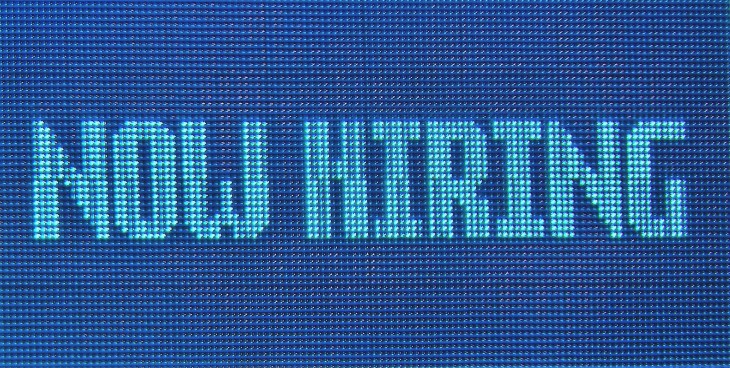Triplebyte wants to make recruiting and technical screening for tech companies more efficient. The screening process happens background-blind, so instead of putting the emphasis on the applicants’ resumes (and the colleges they went to), it emphasizes programming smarts. Triplebyte previously only worked with Y Combinator-incubated companies, though. Now, however, it has expanded its program and is working with Facebook, Apple and other large companies.
As Harj Taggar, the company’s CEO and co-founder (and former YC partner), tells me, the idea to start with YC companies was born out of the realization that the YC ecosystem was now big enough to provide the scale necessary for a service like this. As the company grew, though, the team realized that engineers wanted a broad choice of companies to work with (it only shows engineers companies that look like they would be a good match for their technical abilities).
Besides Apple and Facebook, Triplebyte is now working with Asana, Palantir and others. The company’s promise to engineers is that they will be able to bypass the usual phone screening process and move right to onsite interviews if a company wants to work with them. For companies, Triplebyte promises that it has thoroughly screened the applicants through its online coding test and that they are a good fit for them.
One interesting aspect of Triplebyte’s process is that when the company sends its candidates’ profile to a potential employer, it strips out the name, schools they attended and the companies where they’ve worked. “We do this to reduce bias in the screening process — recruiters are so used to screening based on keywords in resumes that this approach is what’s needed to increase the diversity of backgrounds in tech,” Taggar told me.
Taggar says that the companies that use Triplebyte’s service typically make an offer to half the engineers his company sends them. That’s a 2x improvement over the industry standard, which is closer to 1 in 4.
Given that this process upsets the traditional recruiting process, the company has faced some resistance from companies, Taggar admitted. “It’s scary for companies to commit to bringing candidates straight to an onsite without doing technical screening because each onsite is 4-5 hours of engineering time spent,” he told me. “The YC ecosystem was just more willing to trust us at first, which let us build up a data set to prove this process works and get to a scale where Facebook/Apple, etc. were willing to take a shot.”
